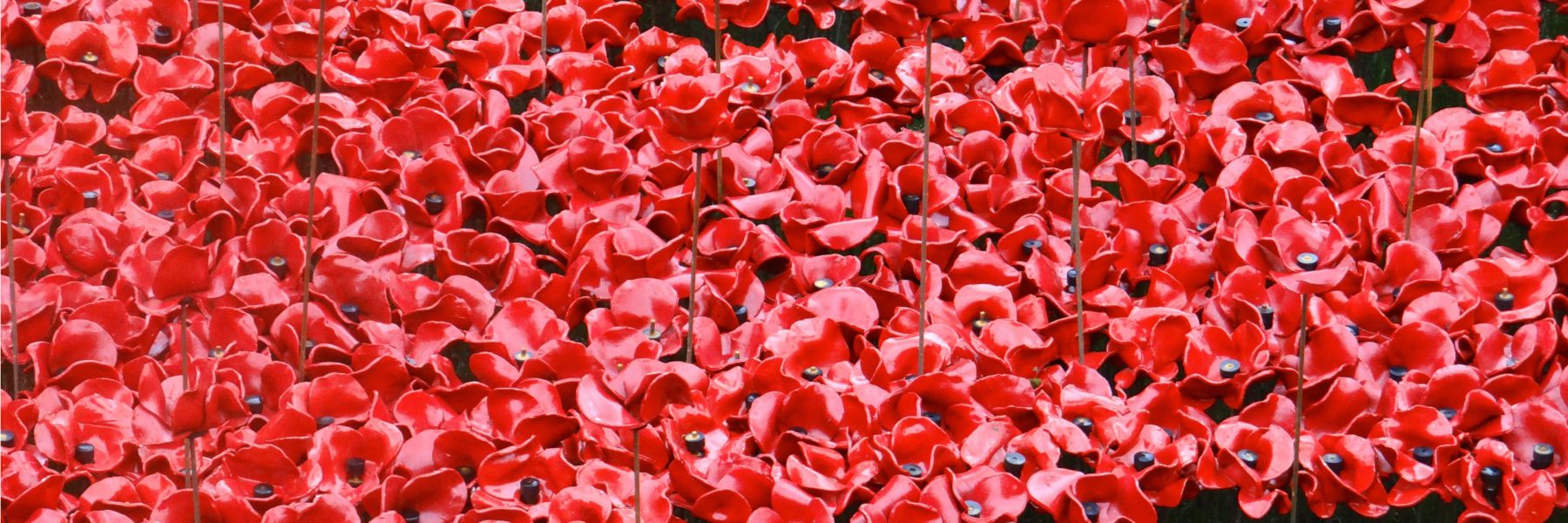Editors’ Letter – “A blood-stained poppy”
[dropcap]B[/dropcap]BC correspondent Jonathon Beale was reporting on the final withdrawal of British
soldiers from Afghanistan, after an official handover completed a war that began over a decade ago. The correspondent was wearing a red poppy. This year of course, the poppy takes on an even greater significance, as the centenary of the beginning of the First World War is remembered. Yet, the question is asked again: “Should we wear the red poppy?”
Many journalists have argued that the red poppy justifies further warfare rather than honouring the dead, often quoting the poem believed to inspire the symbol, John McCrae’s ‘In Flander’s Field’. “In Flander’s fields the poppies blow/ Between the crosses, row on row”, before it urges future soldiers to “Take up our quarrel with the foe/ To you from failing hands we throw/ The torch; be yours to hold it high”. Others insist that the red poppy honours the dead and recognises their sacrifice, as well as raising money for war veterans and their families.
The ceremony of remembrance is just as important as ever but people do not consider the real meaning of the poppy they wear.
Ian Birrell says, “As any soldier will tell you, they are not all heroes – just ordinary people doing a difficult job…Some display genuine heroism – but a few others do terrible things in the stress of war.” Harry Leslie Smith, one of Britain’s most famous veterans, refused to wear the poppy last year after he claimed that the patriotic symbol had been twisted into a justification for war by politicians who insist that we must fight to defend Britain’s ‘pride’.
I do not know anyone who has fought in war. Speaking to the women who experienced the Second World War, I know that I cannot imagine their fear. During the Iraq War, I became desensitised to the names of dead soldiers that appeared on a newsreel every evening. Some of their children were the same age as me, and will be at university now. Somebody won’t have been able to say goodbye as they left home.
Neither side is right as long as it is killing another side, whether it be ‘legitimate’, accidental or unintentional. Therefore when I go to visit the Poppy Project at the Tower of London next week I will wear my white poppy (a lesser known cousin of the red) with reverence and pride. Yet this is my choice, and those that went and died in war did so in order that we retain our right to choose. Do not abandon the red poppy altogether, but think about what it means, and remember.

Comments